#Traffic
Ohio Appeals Court Tosses Laser Ticket Over Model Number
Cincinnati motorist Thomas H. Starks spent nearly a year fighting a $150 speeding ticket he received from the Ohio State Highway Patrol. On Monday the arguments he made on his own behalf were vindicated by the state’s second-highest court. A three-judge panel threw out evidence provided by a Laser Technology Inc (LTI) UltraLyte laser speed gun on the grounds that state officials never bothered to certify its accuracy. Instead, they just assumed the certification of an older model, the LTI 20-20, would suffice.
Starks would not let that difference slide past the judge. On June 24, 2010, Trooper Eric Witmeyer had accused Starks of speeding on Interstate 75 in Franklin Township where the speed limit had been reduced to 55 MPH. Starks was put on trial on July 23, 2010. Starks insisted that the state had to prove the device was properly certified.
Massachusetts: Another Town Meeting Rejects Red Light Cameras
Another Massachusetts jurisdiction that uses the broadly representative “town meeting” form of government has said “no” to the use of red light cameras. Residents gathered at the annual meeting in Raynham on Monday voted 104 to 95 against the idea of petitioning the legislature for permission to install automated ticketing machines. The town has a population of about 11,000, and all qualified inhabitants are allowed to vote.
Out-of-State Violations: Do The Laws Protect Or Impede Motorist?
Most Americans depend heavily on their license to drive – for their jobs, their family obligations and their recreational travel.
Naturally, some of our driving needs take us out of state. And as is well-known, traffic enforcement tends to focus on out-of-state drivers – maybe because it is that much harder for drivers to successfully contest out-of-state tickets…?
Compounding this problem is the fact that out-of-state violations almost inevitably impact the home-state driver’s license, sometimes even resulting in suspensions. And if out-of-state tickets are hard to contest, then clearing up interstate licensing actions can be nearly impossible.
In the nanny state’s never-ending battle to completely eliminate all driving risk, and its corresponding effort to make sure that every bit of your traffic record is available to every enforcement agency in the land, several compacts have been set up between the states for the sharing of motorists’ driving offense information.
This might be a good thing, if all transportation departments had fair, clear, and consistent rules and procedures for how out-of-state violations should impact home-state license privileges – and those agencies took responsibility for treating motorists fairly when problems arise.
The reality, though, is that such situations lead to vicious circles where neither the bureaucracy of the ticketing state nor the home state is willing to step up and unilaterally correct problems.
Does France Hate Speed Cameras More Than America Loves The El Camino?
Oregon: Study Finds Light Rail System Rarely Used
A study released earlier this month by the Cascade Policy Institute questioned whether pricey mass transit options in Portland, Oregon are really being used by the public. The city has been a leader in securing funding for various forms of passenger rail and trolley systems. The Obama administration, for example, pledged $745 million in federal gas tax dollars to pay for the construction of a $1.5 billion, 7.3 mile light rail project connecting Portland to Milwaukie. Transportation Secretary Ray LaHood has singled out the city’s priorities as for praise.
“By adding innovative transit opportunities, Portland has become a model livable community, a city where public transportation brings housing closer to jobs, schools, and essential services,” LaHood wrote in March.
Wisconsin Appeals Court Clarifies Dashcam Evidence Rules
The Wisconsin Court of Appeals on Wednesday gave its first ruling on how dashcam evidence would be treated at the appellate level. A three-judge panel decided that the proper legal standard when evaluating a video is to overturn a trial judge’s decision only it is “clearly erroneous.”
The context was provided by the November 4, 2009 arrest of Jeffrey D. Walli in Sheboygan. The court was asked to determine whether Sheboygan Police Officer Brandon Munnik had a valid reason for pulling Walli over in the first place. Munnik claimed that around 11:22pm Walli’s car nearly sideswiped him, so he flipped on his emergency lights, which triggered his dashboard-mounted video camera, and gave chase. Munnik testified that the resulting video showed Walli’s car over the center line and was a legitimate traffic violation. Walli’s attorney disagreed with that take.
California Court Denies Public Trial for Camera Tickets
Members of the public are not allowed to attend red light camera trials and other proceedings at the Superior Court of California courthouse in the city of Corona. For the past several weeks a policy has been place denying entry to anyone who does not have a direct involvement in a specific case scheduled that day. Court security checks anyone attempting to enter the building.
“Please be advised that this court facility is closed to the general public,” a sign posted at the door states. “The facility conducts criminal trials Monday through Friday and only jurors, witnesses and associated trial personnel are permitted to enter. On Fridays, the facility is also open for litigants reporting for court trial on traffic or minor offense matters.”
When Was The Last Time You Saw Traffic Stop?
Missouri Legislature Considers Speed Camera Expansion
Backroom dealing will determine whether speed camera use will become common in Missouri. The General Assembly yesterday agreed to convene a conference committee to iron out differences between House and Senate-passed versions of an omnibus transportation bill that cleared the state Senate on Tuesday. Among the the items up for debate is language that would allow any governmental jurisdiction to set up as many photo radar units as it pleases without any meaningful limitations on use.
Missouri: State Moves for Longer Yellow, Reduced Violations
The Missouri state Senate yesterday voted to require local jurisdictions to adhere to minimum standards for yellow warning time at intersections. State Senator Jim Lembke (R-St. Louis), an opponent of the use of red light cameras, introduced amendments to an omnibus transportation bill designed to limit the desirability of photo enforcement. His colleagues went along with language mandating that signals on all roads adhere to the bare minimum “nationally recognized engineering standards.”
Federal Court: Talking Back to a Cop Can Cost Your Job
Speaking your mind to a police officer during a traffic stop is not free speech, according to the Tenth Circuit US Court of Appeals. A three-judge panel ruled Thursday that Colorado Springs, Colorado Police Officer Duaine Peters did nothing wrong in having Miriam Leverington fired from her job as a nurse at Memorial Health System for talking back after he wrote her a speeding citation.
Redflex Shareholders Reject Buyout Offer
Australian investors in the photo enforcement firm Redflex Traffic Systems voted down a buyout offer from toll road giant Macquarie Bank and the asset management firm Carlyle Group at a general meeting in Melbourne today. The recently sweetened deal would have paid A$2.75 per share, or $305 million total, to take over the speed camera and red light camera business.
“Your directors unanimously recommend that shareholders vote in favor of the improved scheme proposal, in the absence of a superior proposal,” Redflex Chairman Max Findlay told assembled shareholders. “I can confirm that no superior proposal has been received.”
Where Does Distraction End And Reality Begin?
Ohio Supreme Court Defends Traffic Camera Program
Ohio’s supreme court has a long history of defending traffic tickets, whether they happen to be issued by police or a machine. The court on Wednesday maintained this tradition in tossing out a constitutional challenge to the photo enforcement hearing process, denying the challengers the chance to present their case in full.
Missouri: County Government Erases Red Light Camera Ordinance
For Jefferson County, Missouri, it was not enough to force a red light camera company to pack its bags and leave the area. Commissioners last week wiped the books clean, unanimously repealing the ordinance adopted last summer that had authorized the use of automated ticketing machines in the unincorporated parts of the county.
“The old three-member county commission decided to implement a red light camera program using ATS as the vendor,” Councilman Bob Boyer told TheNewspaper. “As is typical, ATS came to Jefferson County and found their problem for them. And then decided the best solutions were red light cameras.”



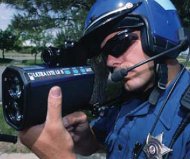


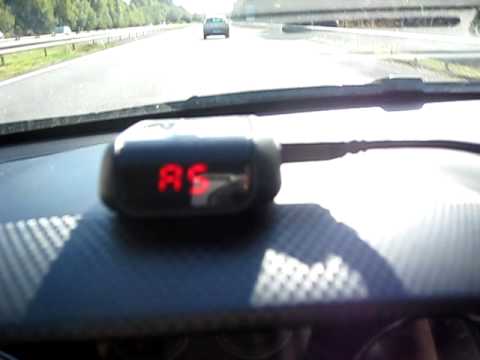


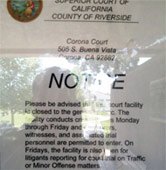
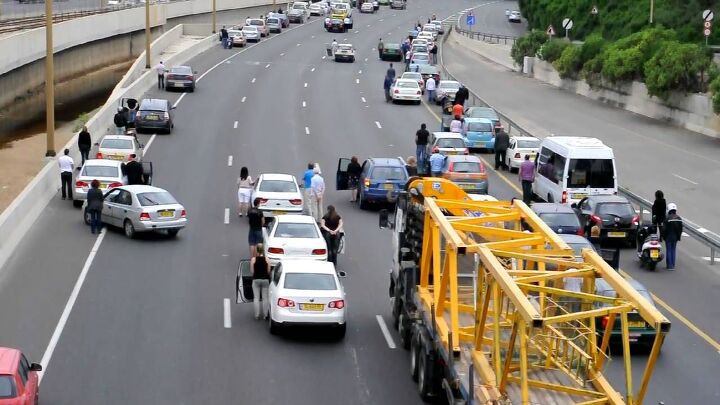




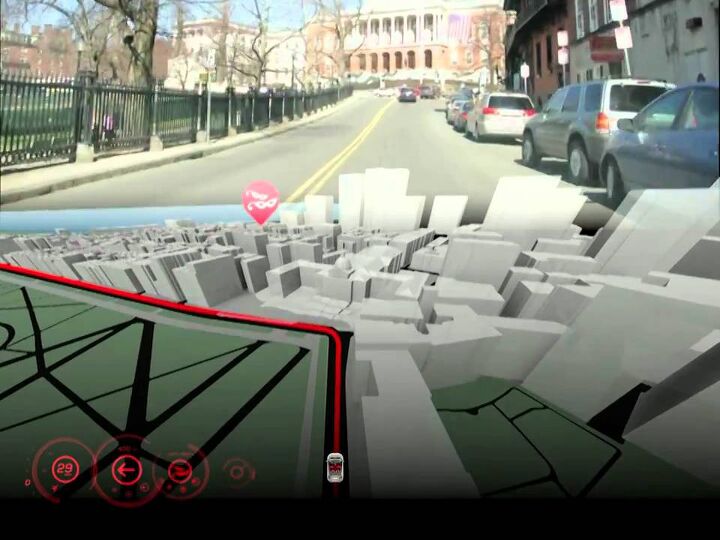














Recent Comments